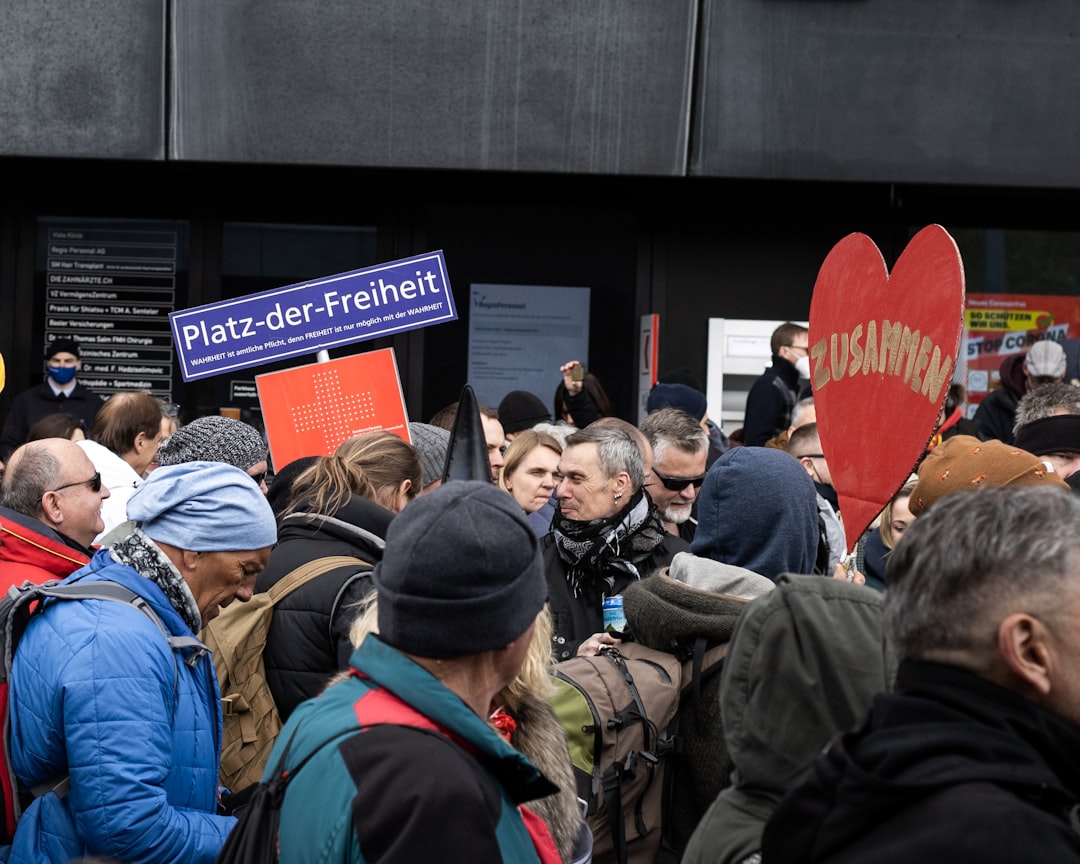What is it about?
This article is about the financial and managerial reasons that lead cities in the State of California to use unpaid, volunteer labor as part of their staffing approach for policing and firefighting. We take a political economic approach, and argue that the high cost of these positions makes the use of volunteers attractive as a way to save costs. At the same time, we also argue that volunteer labor is not truly "free;" it requires management- and oversight-related costs that reduce potential cost savings under certain conditions.
Featured Image
Why is it important?
The article is an important empirical contribution to understanding the conditions that motivate cities to use volunteer labor as part of otherwise core, highly professionalized services.
Read the Original
This page is a summary of: Volunteerism as co-production in public service management: application to public safety in California, Public Management Review, July 2018, Taylor & Francis,
DOI: 10.1080/14719037.2018.1487574.
You can read the full text:
Contributors
The following have contributed to this page










